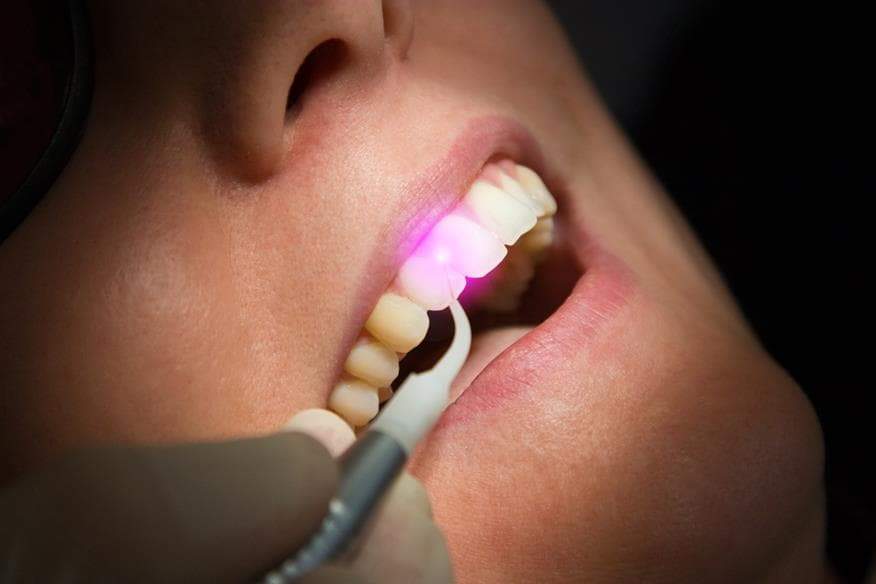Gum disease is more common in individuals with microvascular complications of diabetes, new research published in The Journal of Dental Research has found.
Periodontitis is a chronic inflammatory disease that affects the gums and the bones surrounding and supporting the tooth. The accumulation of bacterial plaque causes it, and when left untreated, it can lead to the destruction of the tissues that hold the teeth in place, ultimately resulting in tooth loss.
This tooth loss can affect essential functions like chewing and speaking and also affect self-confidence.
“As a result, periodontitis can significantly reduce a person’s quality of life, leading to difficulties with daily life and social interactions.
People with uncontrolled diabetes are prone to gum diseases and microvascular diseases such as retinopathy (damage to the blood vessels of the retina) and neuropathy (damage to the nerves).
In addition, the joint impact of microvascular complications and dyslipidemia (unhealthy levels of blood fats) has not been evaluated.
To address this, Dr. Bitencourt and colleagues from Steno Diabetes Center Aarhus and National Dental Centre Singapore, analyzed data on more than 15,000 individuals from the Health in Central Denmark study of people with type 2 diabetes.
The analysis involved 15,922 individuals (with a mean age of 63.7 years) with type 2 diabetes who had completed a questionnaire and a comprehensive laboratory examination.
The results, which were adjusted for potential confounding variables including sociodemographic status, lifestyle habits (including smoking and physical activity levels), and health conditions, found a clear link between microvascular complications and moderate/severe cases of periodontitis.
Individuals with diabetic retinopathy were 21% more likely to have moderate/severe periodontitis than those without complications of diabetes.
Diabetic neuropathy was associated with a 36% increase in the risk of having severe gum disease. When the participants had both diabetic retinopathy and neuropathy, their likelihood of having moderate/severe periodontitis was 51% higher than in those without complications of diabetes.
Dr. Bitencourt says, “When diabetes is poorly controlled, high blood sugar levels can lead to inflammation which, over time, can affect the eyes, leading to retinopathy, or the nerves in the feet, causing neuropathy, or the gums, contributing to the development of severe periodontitis.
“Dyslipidemia, which is very common, further increases the risk of severe gum disease.
“Importantly, the role of inflammation means that periodontitis might not only serve as a marker for oral health issues but could also help identify individuals with a higher systemic inflammatory burden, who are therefore at greater risk of diabetes-associated microvascular complications.”
The researchers say that the take-home message for dentists and health care practitioners is clear: it is important to have a multidisciplinary approach when treating individuals with type 2 diabetes.
“For dentists, in particular, this means recognizing that patients with type 2 diabetes and moderate/severe periodontitis, especially those with dyslipidemia, may be at a higher risk for microvascular complications such as neuropathy and retinopathy,” says Dr. Bitencourt. “Dentists should consider recommending that these patients be screened for microvascular complications.
“By working together, health care providers can help ensure that patients with type 2 diabetes, especially those who are at an elevated risk of diabetes complications, receive more comprehensive oral health care—potentially improving both their oral and overall health.
